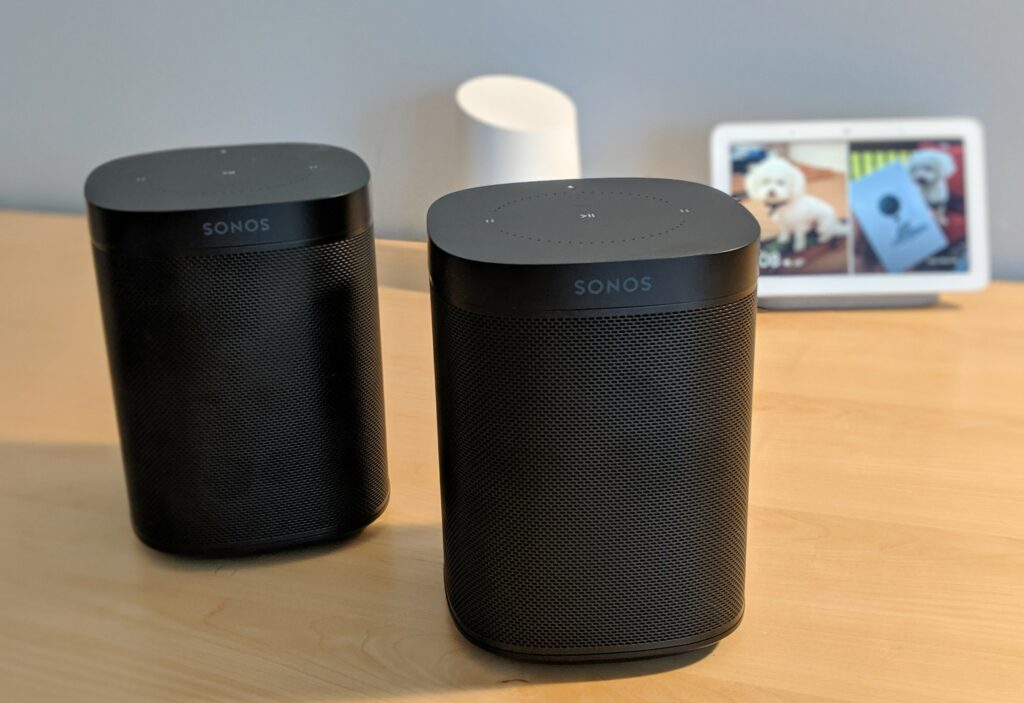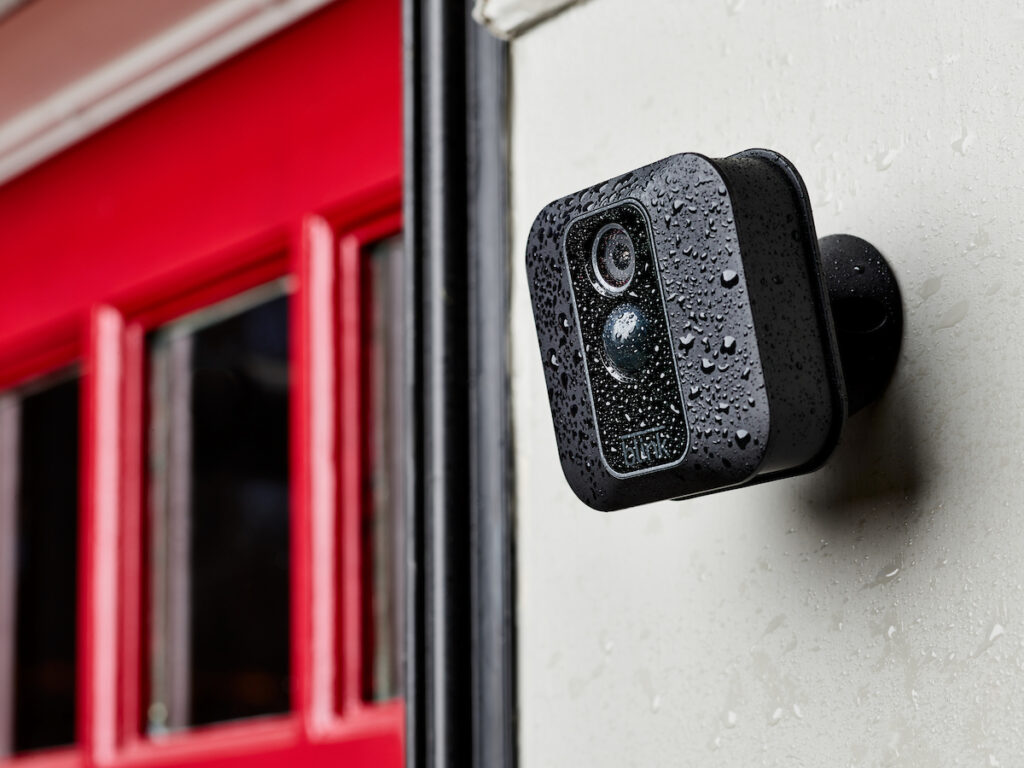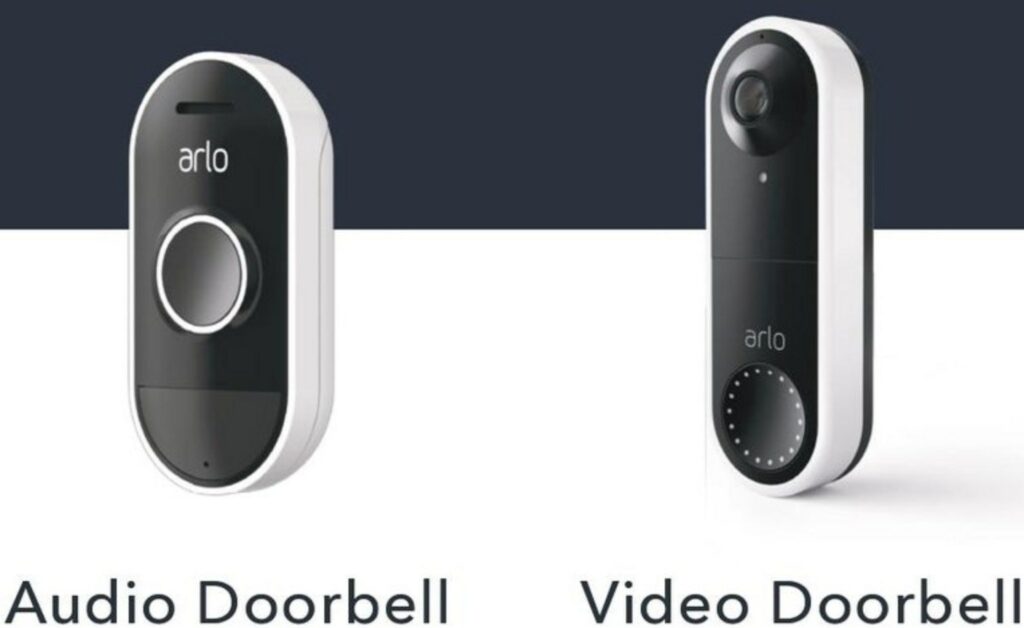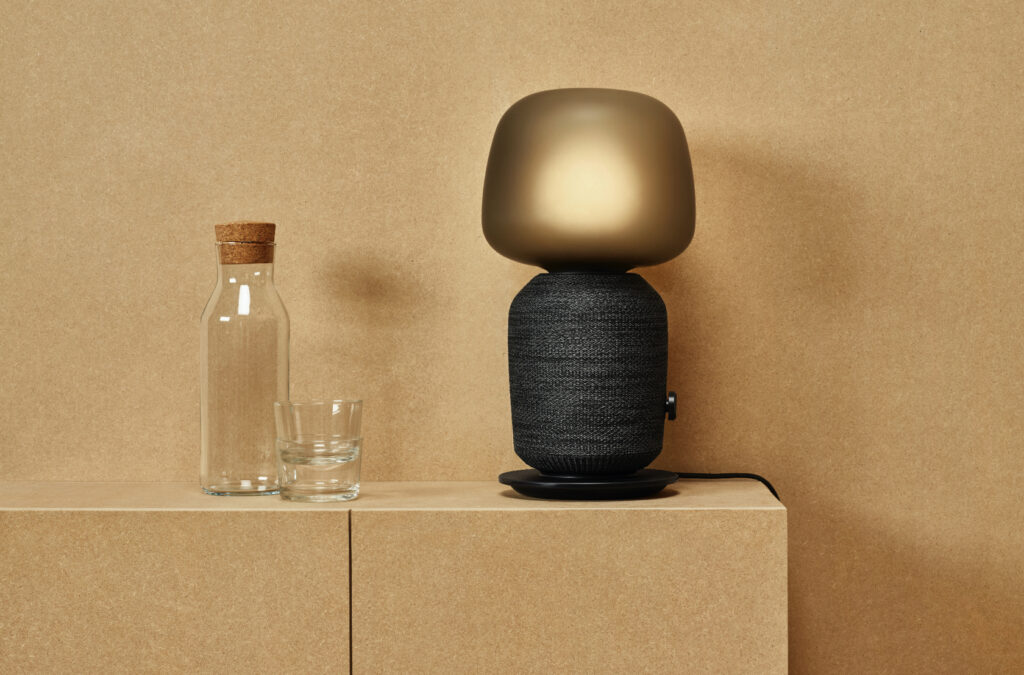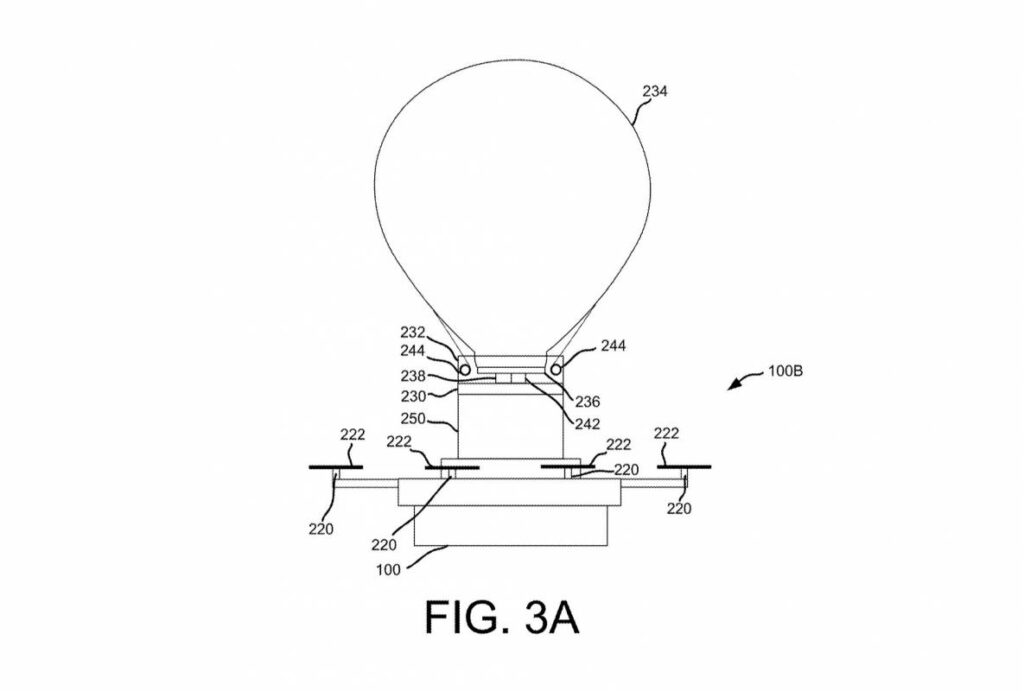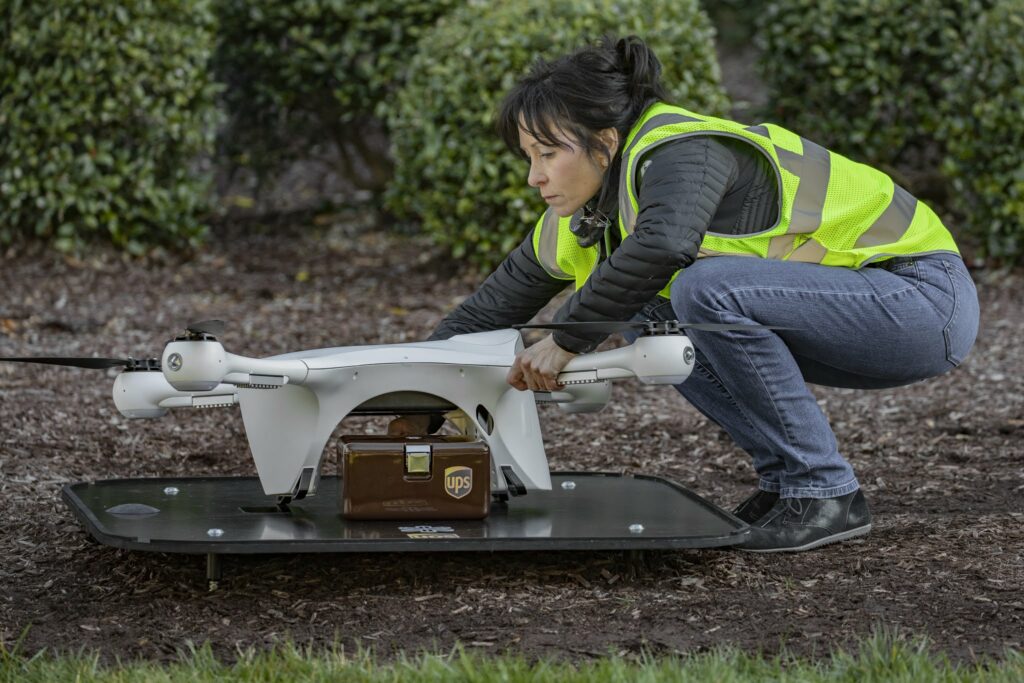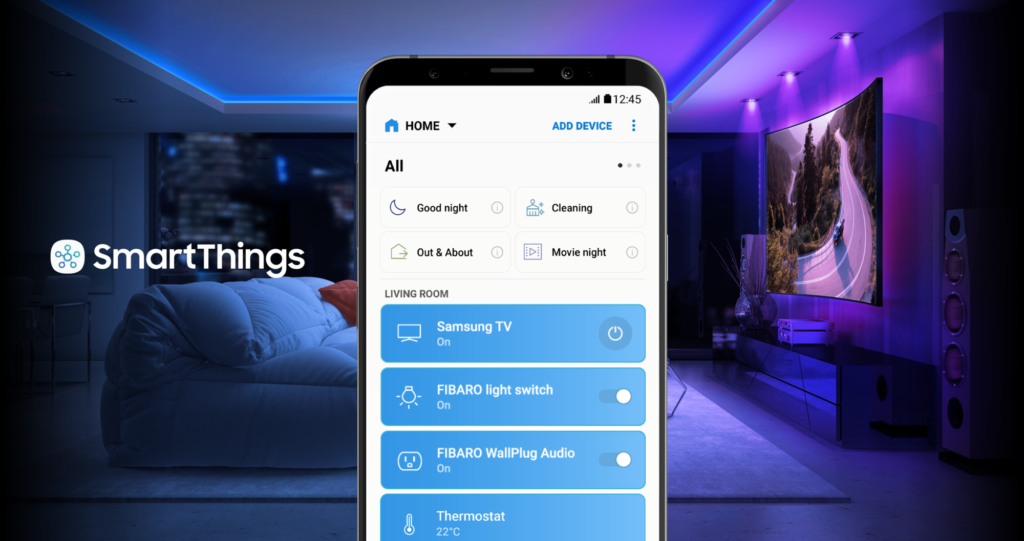This week, Lutron introduced the Aurora dimmer switch, which attaches to a traditional light switch to control your smart bulbs without any need of an electrician or tools. We love it! We also discuss the launch of Wyze’s light bulbs and newly added Google Assistant integration, Comcast’s proposed health sensors and Mediatek’s new chips for IoT. From there we chat about GDPR, over-the-air updates for cars and Google’s new version of Glass. Our news bits feature Savant, Arduino Nano, Tado and Lenovo. This week’s hotline question concerns how to track when people are in a room for automation purposes, so we introduce RoomMe and a new security device called Minut as possible solutions.
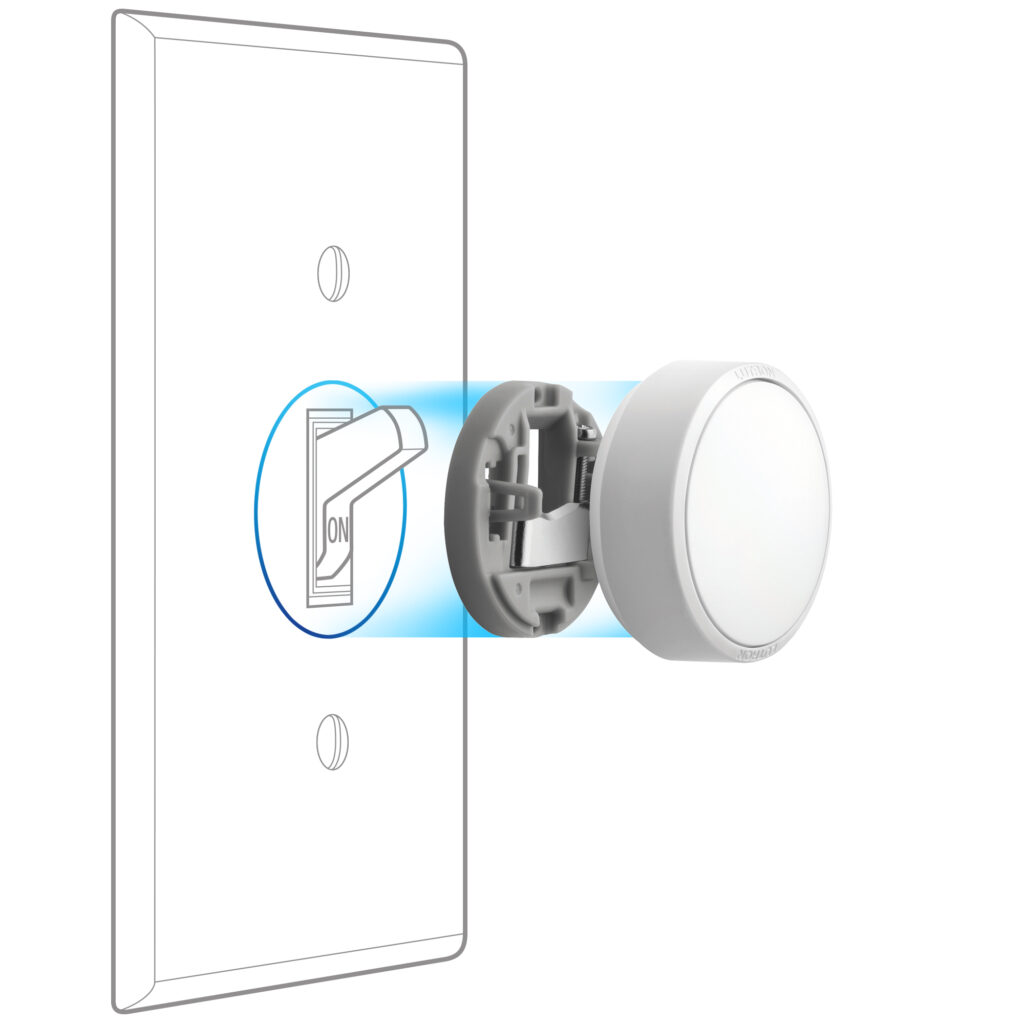
The guest this week is Zach Supalla, the CEO of Particle, who shares the results from a company-commissioned a survey of 800 IoT developers. We talk about the industries spending money on IoT and their use cases and then talk about the things that companies tend to struggle with once they scale up an IoT project. Surprisingly data isn’t the challenge you need to worry about. There are good learnings here.
Hosts: Stacey Higginbotham and Kevin Tofel
Guest: Zach Supalla, the CEO of Particle
Sponsors: Dell Technologies and Nordic Semiconductor
- Lutron Aurora is a must-have for renters
- Do you want Comcast all up in your health?
- Microsoft wants GDPR-style regulations in the US too
- Here are the top five industries buying IoT
- Here are the top three use cases so far for industrial IoT
Podcast: Play in new window | Download | Embed
Subscribe: RSS

